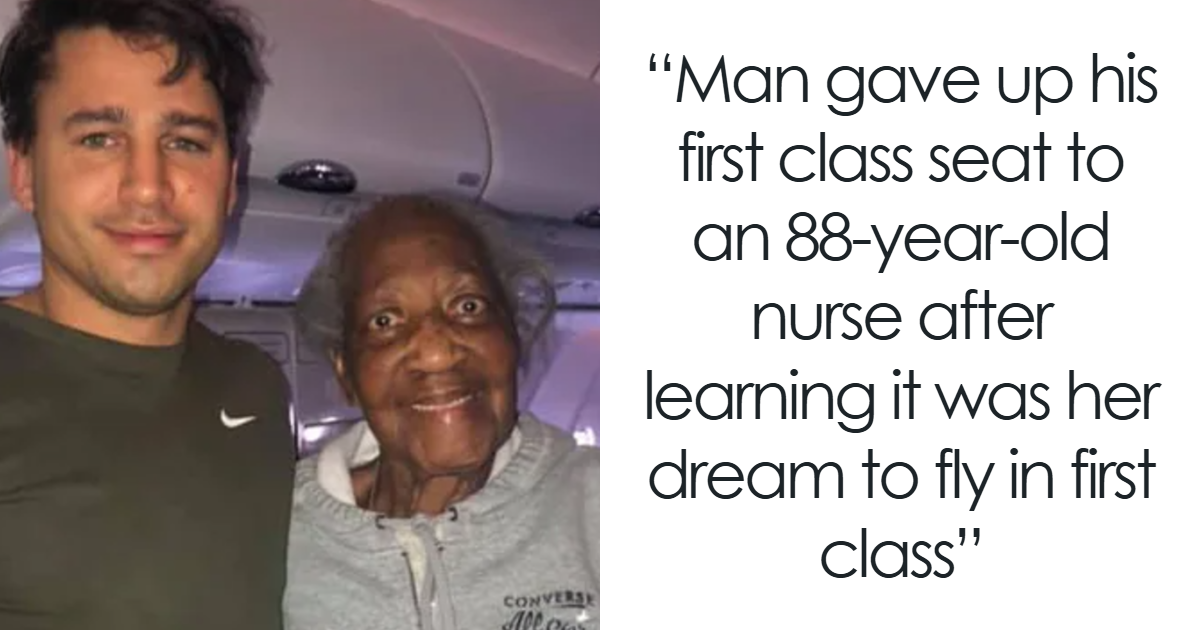Why Your Pet Is More Than Family—A Therapist Reveals the Surprising Emotional Bond You Didn’t Know You Had
The animal behaviorist closes up by saying you shouldn’t shy away from help if needed. There are loss support hotlines like the National Pet Loss Hotline operating during the workdays, which can reached by calling 855-352-LOVE (5683), and for pets, you should always speak to your veterinarian, who will provide the needed resources.
Image credits: Ivan Babydov (not the actual photo)
To better understand how our pets experience grief and how we could better help them through it, VCA gives us some good examples and tips.
While the animals can’t just up and tell us how they feel, the article tells us that there are a few ways in which they might show it. Animals may become more vocal than usual and sleep more than they tend to do. They may also become more clingy or, quite contrary, show less interest in spending time together.
Grieving pets may also change their grooming and bathroom habits. They might also exhibit seeking behavior, often looking for their lost companion.
Fortunately, there are some things we can do to help them. Letting them investigate the deceased may provide some closure, and keeping up with the usual routines can bring a sense of security.
It’s also good to mindfully try something new or simply spend time together. Still, the hardest part is not to appear down in front of your pet as it may distress them, even if being comforted by them is so nice in any other situation. And in anything, as Julie Bond said, it’s always wise to seek out professional help.















Post Comment